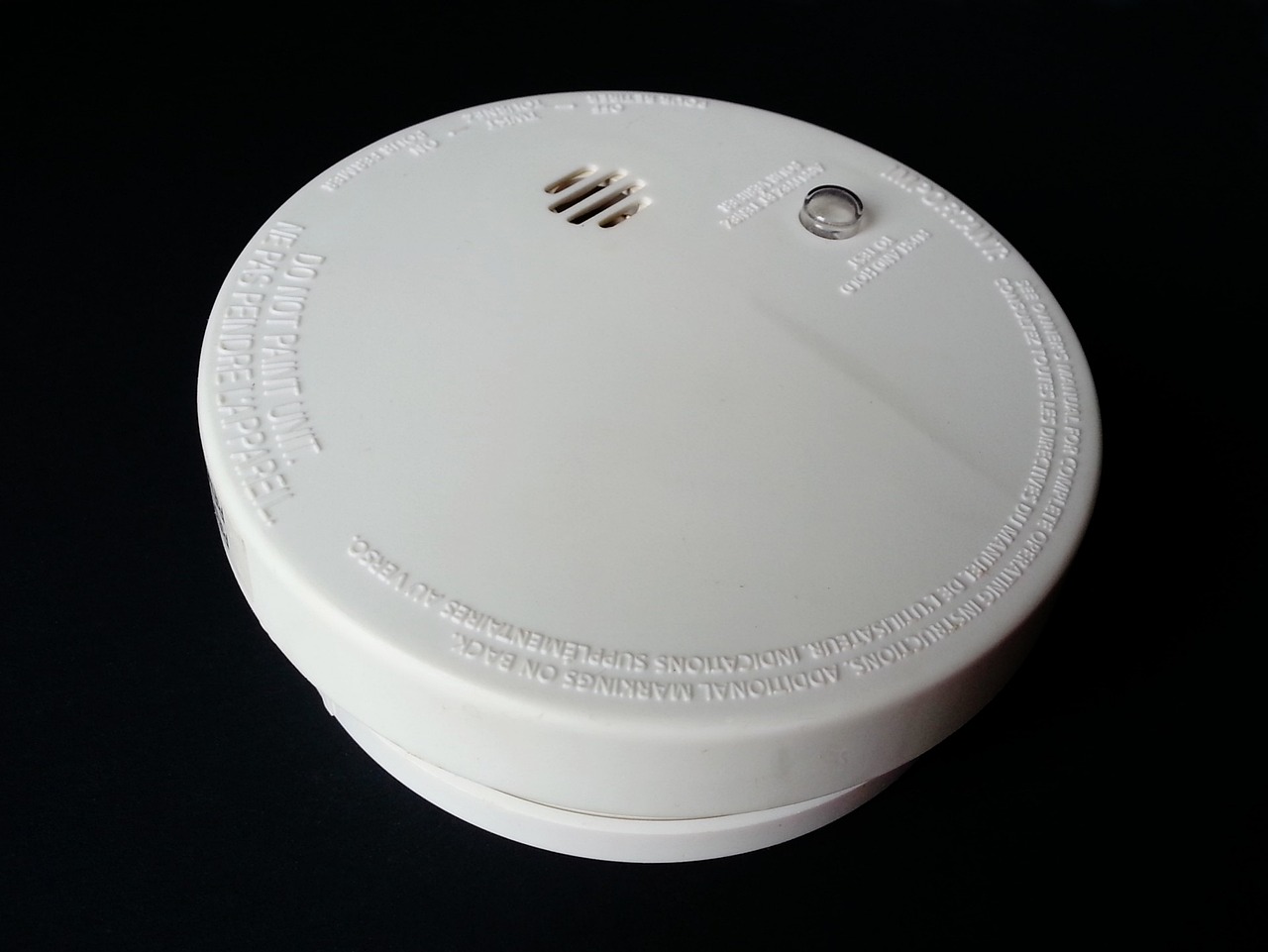Smoke detectors are some of the most essential tools you have in your home to stay safe. Every year, over 1 million house fires cause roughly three to four thousand deaths in the US, with 100,000 or more stemming directly from electrical issues like faulty wiring or appliance failures. Despite numerous studies lauding the benefits of functioning smoke alarms for fire safety, homeowners consistently consider them an annoyance. Constant chirping and false alarms are a nuisance, especially if you can’t understand what is causing the smoke alarm to malfunction. If you are confused and looking for a solution to the constant chirps from your smoke detector, we have some tips to try out.
Smoke Detector Chirps – Why They Occur and How To Stop Them
If your smoke alarm is wailing loud sirens despite no signs of fire or smoke, the loud noises can make it hard to diagnose the issue without disconnecting the unit. The tips we will discuss today can apply to these situations but are mainly designed for chirping units. And while chirps are usually signs of minor issues, a detector that alerts at full volume as soon as you hook it up to power is more than likely malfunctioning beyond repair.
- Low Battery – The vast majority of the time you experience a chirping smoke detector, a low battery will be the culprit. Compared to some newer units that boast 10-year lifespans without a single battery swap, older units are more likely to have low batteries before their life cycle is complete. Simply swap the batteries after disconnecting the detector and see if this addresses the issue.
- Misaligned Batteries – Similar to a low battery, a misaligned battery in your smoke detector will cause beeps and chirps. In most models of sensors, there exists a smaller battery that can run for short amounts of time to keep basic systems, like the low battery alert system, from failing. This is separate from the battery you insert to power the entire device. If you do a battery swap and are still experiencing chirps, you may have inserted the battery upside down, or backward, or failed to fit it into the slot correctly.
- Coverings Or Pull Tabs Present – When you install a new smoke detector, there may be plastic coverings or pull tabs on the sensors or battery slots. Installing the device before removing these might cause the smoke alarm to chirp, alerting you that the device has not actually been activated yet.
- Software or Electrical Error – If a failing battery or electrical outage causes your smoke alarm to begin behaving strangely, disconnecting the device, resetting it through the manufacturer reset button, and replacing the batteries should ‘flush out’ any errors caused by the unexpected behavior of the lower powered system.
- Response To Temperature, Smoke, Or Heat – Obviously, your smoke alarm is designed as an early alert system to keep you safe in the case of fires. Many household activities also have the capability of setting off your alarm. While most people know that cooking smoke and heat can cause false alarms in a smoke detector, steam from bathrooms or a sudden change in temperature from a fireplace, space heater, or air conditioner on full blast are also enough to confuse the system and lead to chirps for a few minutes.
Don’t ignore or disconnect the unit when your smoke alarm starts acting up. Find the cause of the problem, so the smoke alarm continues to do its job, keeping you safe. If you have any additional questions about house fires or safeguarding your home, call Promise Electric today for a consultation or home inspection.



